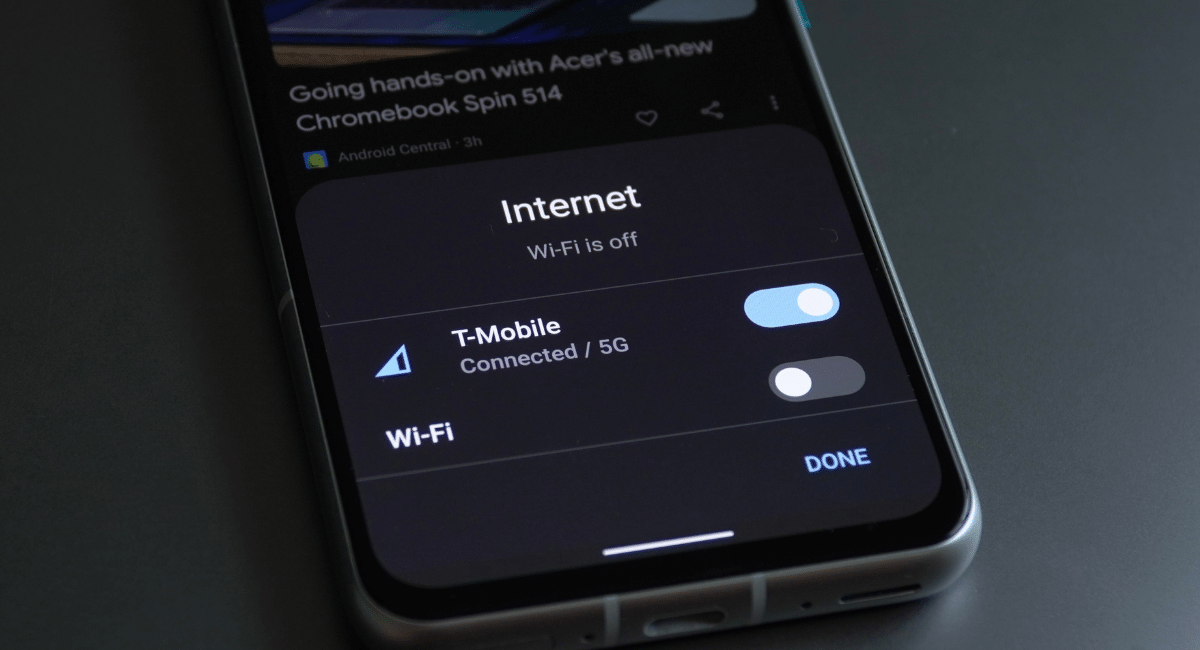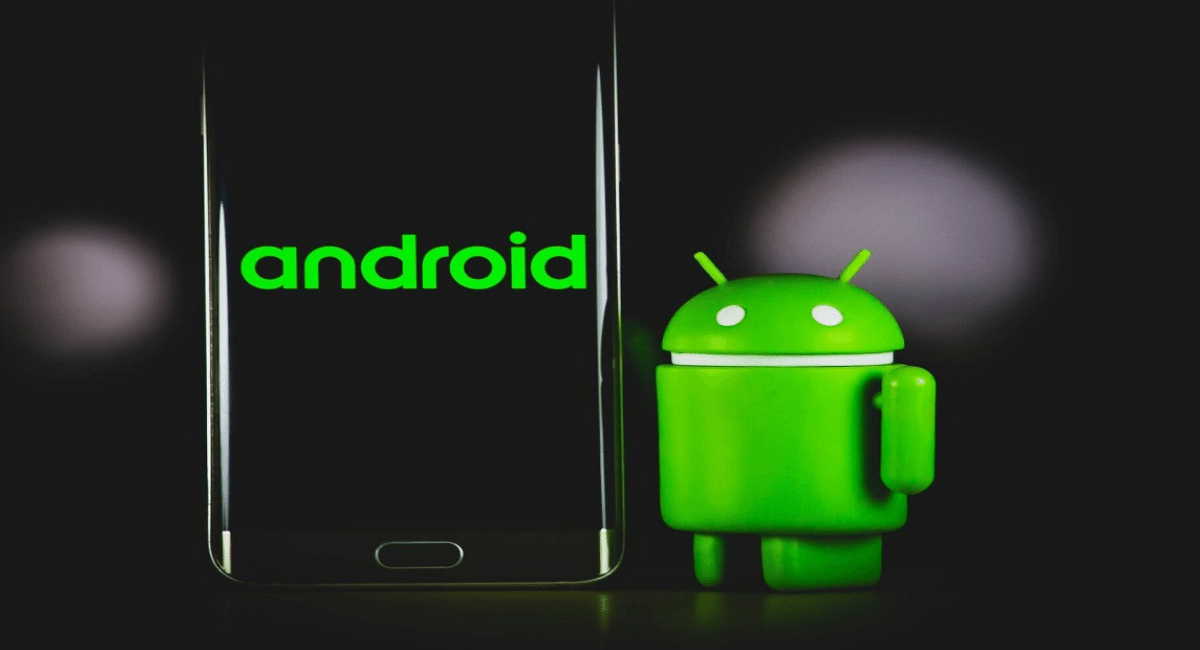
The much-awaited Galaxy M15 5G from Samsung has fi...
news-extra-space

Presently, we use satellite connections during emergencies or as a substitute for dead zones, where 5G fibre-laying or cell towers set up is physical or financial risk. However, addressing the increasing amount of connections beyond big cities and managing devices while traveling using satellites for smartphone connectivity could be crucial. As satellites cannot bear the connectivity load, T-Mobile plans to form a new network using its mid-band spectrum to support SMS, MMS initially, and “participating” messaging apps at the time of its beta phase, starting end of 2023. Lockheimer said, “Now we are designing for satellites. Cool! Excited to support our partners in enabling all of this in the next version of Android. Wild to think about user experiences for phones that can connect to satellites. When we launched G1 in ’08, it was a stretch to get 3G + Wifi working.” HTC Dream, well-known as T-Mobile G1, was the first Android phone released in 2008.Wild to think about user experiences for phones that can connect to satellites. When we launched G1 in '08 it was a stretch to get 3G + Wifi working. Now we're designing for satellites. Cool! Excited to support our partners in enabling all of this in the next version of Android!
— Hiroshi Lockheimer (@lockheimer) September 1, 2022
 9to5Google reports that the operating system would probably release in mid-to-late-2023. It further said that satellite connectivity on phones mainly focuses on emergencies and getting rid of cellular dead zones. As per Lockheimer, compared to standard Long-Term Evolution (LTE) and 5G connections, smartphone users can experience different results when their devices connect to satellites.
The iPhone 14 that’s about to release this year could reportedly have satellite connectivity and will be one of the unique smartphones with this support. Analyst Ming-Chi Kuo said that iPhone 14’s test items included satellite communication before mass production, and Apple had conducted hardware tests for this feature. The iPhone 14 series is estimated to be announced at the September 7 Apple event.
9to5Google reports that the operating system would probably release in mid-to-late-2023. It further said that satellite connectivity on phones mainly focuses on emergencies and getting rid of cellular dead zones. As per Lockheimer, compared to standard Long-Term Evolution (LTE) and 5G connections, smartphone users can experience different results when their devices connect to satellites.
The iPhone 14 that’s about to release this year could reportedly have satellite connectivity and will be one of the unique smartphones with this support. Analyst Ming-Chi Kuo said that iPhone 14’s test items included satellite communication before mass production, and Apple had conducted hardware tests for this feature. The iPhone 14 series is estimated to be announced at the September 7 Apple event.
 The service’s initial beta availability is planned to start by late 2023. Although existing iPhone and Android devices can avail of the support, the end-user can experience its benefits using additional OS-level support. On the other hand, T-Mobile and SpaceX are persuading other carriers to embrace “reciprocal roaming” and spectrum sharing. Therefore, as this adoption increases, it is inevitable for Android to offer domestic support to smartphones.
The service’s initial beta availability is planned to start by late 2023. Although existing iPhone and Android devices can avail of the support, the end-user can experience its benefits using additional OS-level support. On the other hand, T-Mobile and SpaceX are persuading other carriers to embrace “reciprocal roaming” and spectrum sharing. Therefore, as this adoption increases, it is inevitable for Android to offer domestic support to smartphones.
Leave a Reply






